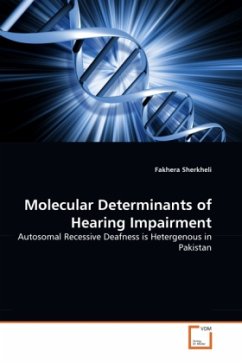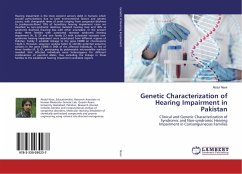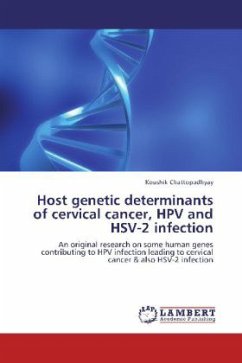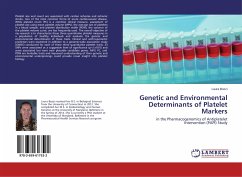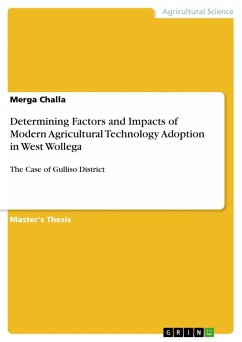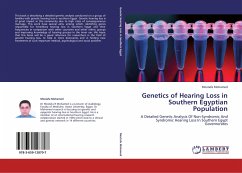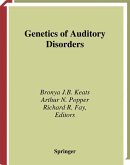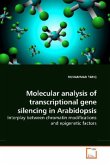Hearing impairment is described as the heterogeneous disorder affecting 1 in 1000 children worldwide. It may be genetic or environmental, prelingual or postlingual and syndromic or nonsyndromic. Non-syndromic forms of deafness inherited as a recessive trait are the most common cause of hereditary hearing loss and often exhibit the most severe hearing phenotype. Recessive deafness is more prevalent in endogenous and isolated populations. Pakistan represents a true treasure for molecular dissection of hearing disorder because 60% marriages are consanguineous and out of those approximately 80% are between first cousins. Screening of highly consanguineous Pakistani population is very important to create awareness about the cousin marriages and this is the first step to reduce the familial cases of recessive deafness in our population. These families can provide excellent genetic resources to study the molecular basis of recessive deafness and to refine the critical region for the identification of deafness causing gene.

